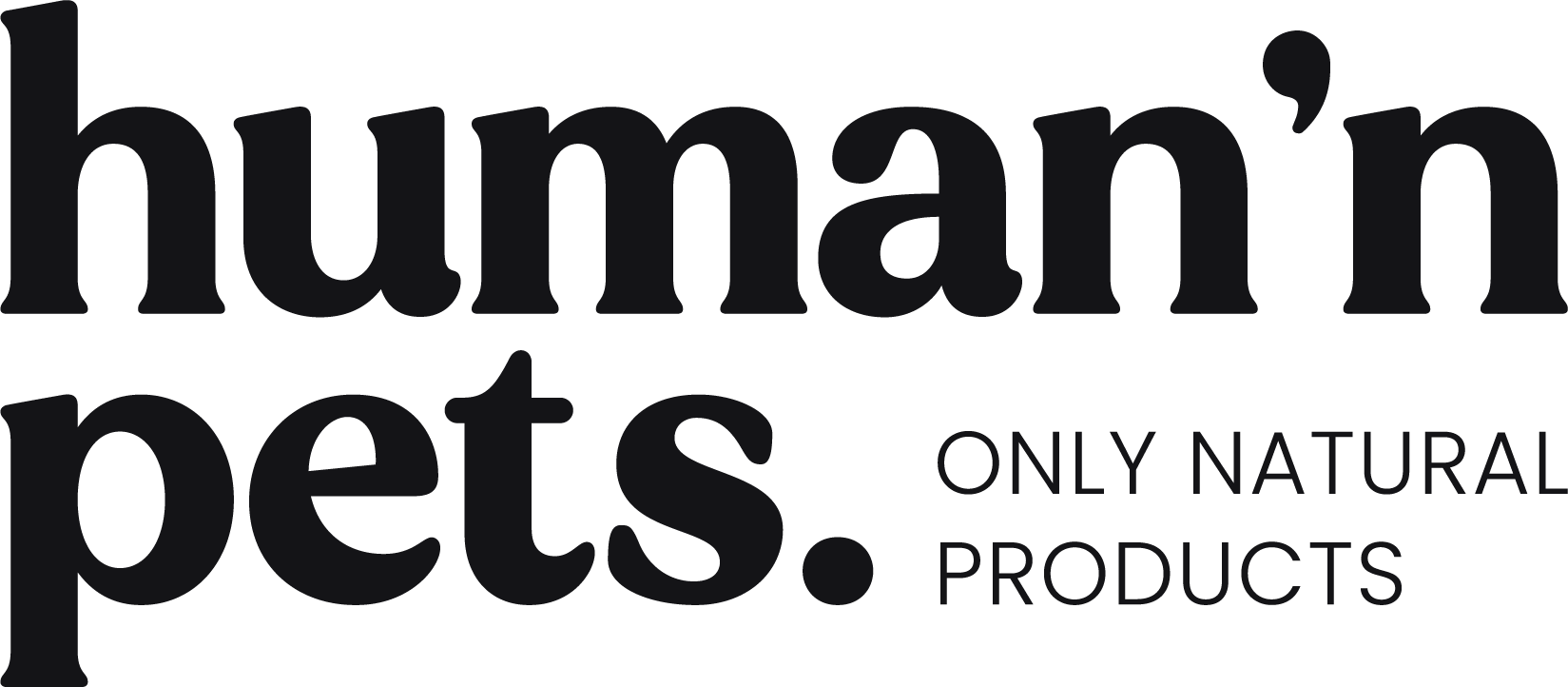When it comes to canine health, omega oils play a critical role in maintaining and improving overall well-being. These essential fats are integral to your dog's diet, helping to reduce inflammation, support immune function, and ensure a healthy coat.
Omega fatty acids have garnered significant attention in the realm of canine nutrition, and for good reason. These essential fats play a pivotal role in maintaining your dog’s overall health, particularly in managing inflammation, supporting immune function, and promoting a healthy coat and skin. However, understanding the right balance and sources of omega oils is crucial to ensuring your dog reaps the maximum benefits without potential downsides.
The Essential Omega Fatty Acids
There are two primary families of omega fatty acids that are vital for your dog’s health: omega-6 and omega-3. Within these families, certain fatty acids are considered truly essential, meaning your dog cannot produce them naturally and must obtain them through diet. The key players in this category are linoleic acid (LA) from the omega-6 family and alpha-linolenic acid (ALA) from the omega-3 family.
Omega-6 Fatty Acids: Not All Bad
Omega-6 fats often get a bad rap due to their association with inflammation, but this is an oversimplification. Omega-6 fatty acids, such as LA, are essential for your dog’s skin health and reproductive function. However, it’s the balance and type of omega-6 fats in the diet that determines whether they will have a pro-inflammatory or anti-inflammatory effect. For example, gamma-linolenic acid (GLA), an omega-6 fat, has anti-inflammatory properties and can help control hormones.
On the flip side, arachidonic acid (AA), another omega-6 fat, can contribute to chronic inflammation if not properly balanced with omega-3 fats. Thus, while omega-6s are necessary, ensuring your dog’s diet doesn’t tip too heavily in their favor is key.
Omega-3 Fatty Acids: The Anti-Inflammatory Heroes
Omega-3 fatty acids are celebrated for their anti-inflammatory properties, which can benefit your dog in numerous ways, from reducing joint pain to supporting heart health. The most notable omega-3s include eicosapentaenoic acid (EPA) and docosahexaenoic acid (DHA), both of which are crucial for reducing inflammation and supporting the immune system.
While ALA, the precursor to these omega-3 fats, is found in plant sources like flaxseed, its conversion to EPA and DHA in the body is quite inefficient. Therefore, directly providing EPA and DHA through sources like fish oil can be more effective.
Balancing Omega-6 and Omega-3: A Delicate Act
The balance between omega-6 and omega-3 fatty acids in your dog’s diet is critical. Ideally, the ratio should be close to what it would be in nature, around 1:1 to 5:1. However, many commercial dog foods skew heavily towards omega-6s, sometimes reaching ratios as high as 30:1, which can lead to chronic inflammation and related health issues.
To correct this imbalance, supplementing your dog’s diet with omega-3 fatty acids, often in the form of fish oil, is common practice. However, it’s not just about adding any omega-3; the type and source of these fats matter. For instance, while fish oil is rich in EPA and DHA, it may lack other important fatty acids like GLA and ETA, which are also vital for a full spectrum of health benefits.
Sources of Omega Fats for Dogs
When considering omega supplements for your dog, it's essential to evaluate the benefits and potential downsides of different sources:
- Algal Oil: A sustainable alternative to fish oil, rich in DHA but low in EPA and lacking in GLA and ETA.
- Phytoplankton: Rich in EPA and bioavailable, but expensive and supplies only minimal fats.
- Flaxseed Oil: A good source of ALA but lacks GLA and is inefficient at converting to EPA.
- Hempseed Oil: Provides ALA and SDA, converting more efficiently to EPA and also contains GLA.
- Ahiflower Oil: A superior plant-based source rich in SDA and GLA, converting more efficiently to EPA and ETA.
- Fish Oil: Rich in EPA and DHA, but may contain toxins if not properly sourced and is less sustainable.
- Krill Oil: Contains EPA and DHA, but harvesting concerns threaten marine ecosystems.
- Green Lipped Mussel Oil: A sustainable and unique source rich in ETA and more bioavailable than other marine oils.
Ensuring the Right Omega-3 Intake for Your Dog
The Association of American Feed Control Officials (AAFCO) has established minimum requirements for omega-3 intake, recommending at least 175 mg of EPA and DHA daily for every 25 pounds of body weight. However, it’s important to balance omega-3 intake without overloading your dog’s system, which can lead to adverse effects like diarrhea or immune dysfunction. Along with EPA and DHA, ensuring your dog also receives sufficient GLA and ETA will provide comprehensive anti-inflammatory and immune support.
Tailoring Omega Supplementation for Optimal Health
Incorporating the right balance of omega oils into your dog’s diet can significantly enhance their health, reducing inflammation, supporting the immune system, and promoting a vibrant coat and skin. However, not all omega sources are created equal, and understanding the nuances of each can help you make informed decisions.
Ultimately, it’s about finding the right combination of EPA, DHA, GLA, and other fatty acids to suit your dog’s specific needs. By doing so, you can ensure that your dog enjoys the full spectrum of health benefits that omega oils have to offer, without the risk of unintended consequences.






Share:
A Holistic Approach to Dog Tumors
Essential Guide to Detoxifying Your Dog for Optimal Health